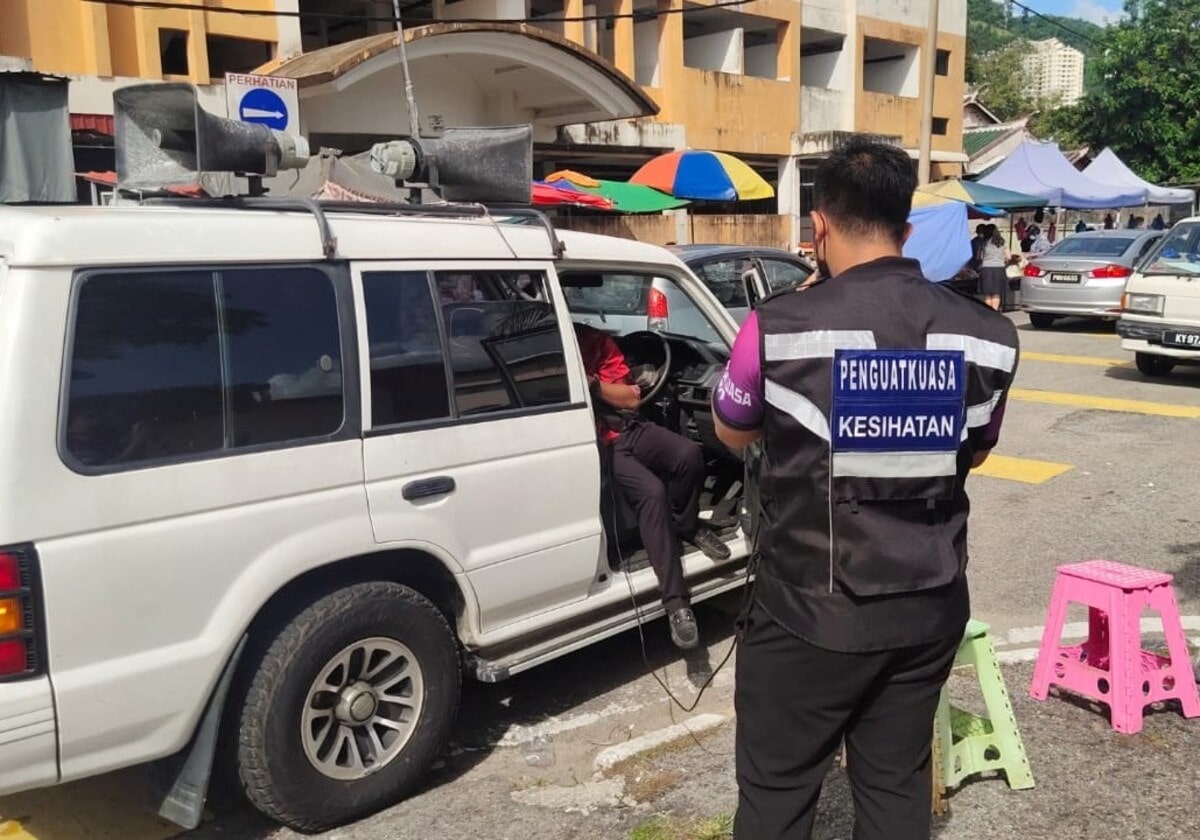How often do you hear about the environmental health officer (EHO), also known as Health Inspector?
The Covid-19 pandemic has genuinely opened our eyes, provided a stark reminder of the value of public health, and reflected the denial of health inequalities in our community.
Yet, we rarely hear about EHOs, who do contact tracing and case investigation. Who will ever forget the chaotic viral incident of RM1,000 fines for not wearing masks during the pandemic or for not scanning check-in on MySejahtera? All of this public health enforcement is one of many roles of EHO.
The EHO is one of the Ministry of Health (MOH) family, but we feel like we’re being put aside. Less than six thousand of us — either EHO or assistant EHO, contract or permanent — are involved in the groundwork.
This one-man show is doing all the work related to dengue and other vector control diseases, food safety, tobacco control, and many others related to public health enforcement. But you won’t hear it much because our voice does not matter to the top management.
We are not entitled to get enforcement allowances. Yet, we are harassed by angry individuals whenever we issue compounds to them due to illegal smoking, unhygienic food premise etc.
I’d like to know when the MOH will treat us fairly.
I know our roles are not famous or worthy of being mentioned in the public eye, but we serve as much as other health care providers. The only difference is that we are more on preventive action than treatment care (hospital or clinic). We serve through health enforcement, health promotion, and public health monitoring.
Just after Chinese New Year, some of us who were contract assistant EHOs (who didn’t graduate from MOH Allied Health College) had to say goodbye to MOH after two years of service during the pandemic.
Unfortunately, we were given short notice of no renewal for our service. The reason was no budget and MOH would have to prioritise contract assistant EHOs who graduated from their college first to get the permanent posts. However, till now, only a few of them have earned permanent positions.
On the other hand, some of my colleagues who graduated from MOH Allied Health College have served as contract assistant EHOs for over five years!
The next one on the line is the contract EHOs who will end their term at the end of 2023.
Failing to act means failing to provide a solid base number of EHOs to support the public health system. Without fundamental reform, we risk losing more talents and expertise in environmental health.
Should we wait for another version of the Covid-19 pandemic to understand the role of the EHO in public health? We are not asking much — we only want to be treated fairly, have access to job promotions and permanent posts, prioritise our talent, and stop the politics of replacing our roles with other health care providers who should be posted in the hospital or clinic, not at the health office.
The writer is an environmental health officer in the Ministry of Health. CodeBlue is providing them anonymity as civil servants are prohibited from speaking publicly.
- This is the personal opinion of the writer or publication and does not necessarily represent the views of CodeBlue.






